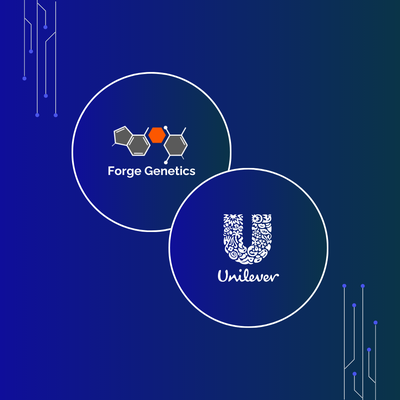
Bacterial species and strains vary wildly in our ability to manipulate them. Model species such as Escherichia coli and Bacillus subtilis are readily transformable and have a range of genetic tools but more exotic, non-model species can present a whole manner of challenges. This is unfortunate because a multitude of interesting, impactful or useful traits are found within non-model species and full exploitation of these traits requires genetic studies.
Non-model species are a Forge Genetics speciality, having spun out of the Synthetic Biology Research Centre at the University of Nottingham which is focussed on harnessing the potential of industrially important but difficult to work with species.
The first and perhaps biggest hurdle is achieving DNA transfer. There are a host of reasons why a strain might refuse to accept foreign DNA such as conjugative machinery incompatibility, restriction barriers, or stress responses. Happily there are a similar array of strategies and tricks to circumvent these problems. Forge are world experts at dealing with this problem, with extensive expertise within the team having overcome DNA transfer issues in a broad range of species in various different ways.
Because of this expertise, Forge is collaborating with Unilever to develop a robust DNA transfer protocol for a strain of interest which has so far resisted efforts to transform it. After DNA transfer has been achieved Forge will implement their proprietary genome editing tool “Forge Editing” to make proof of concept gene knockouts.
Once DNA transfer protocols and genetic tools exist for a strain it can be studied to derive useful insights or engineered to make useful products. Unlocking the secrets and strength of microbial diversity in this way will drive innovation and help to deliver on the promises of synthetic biology.